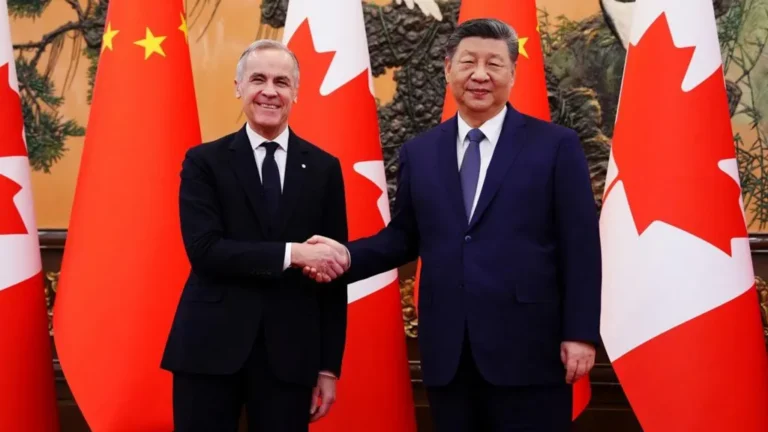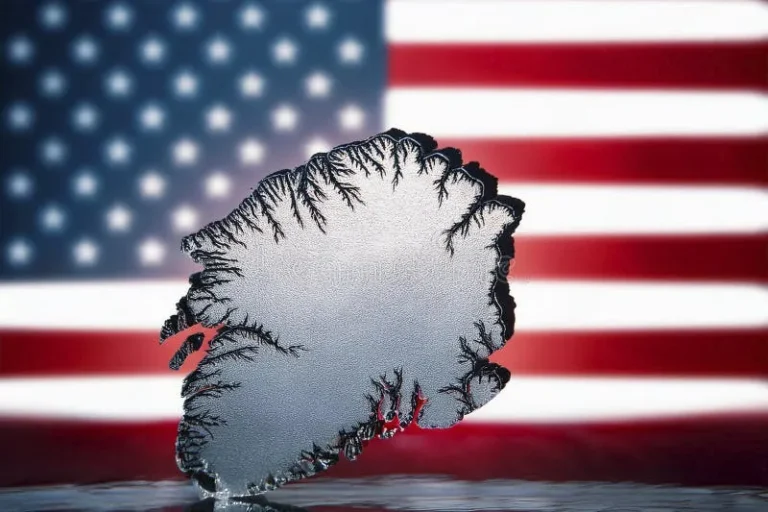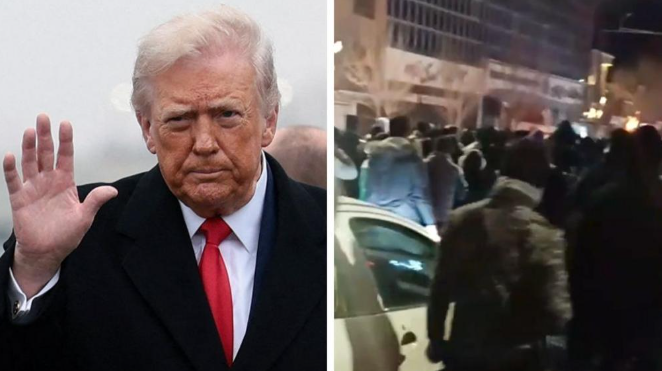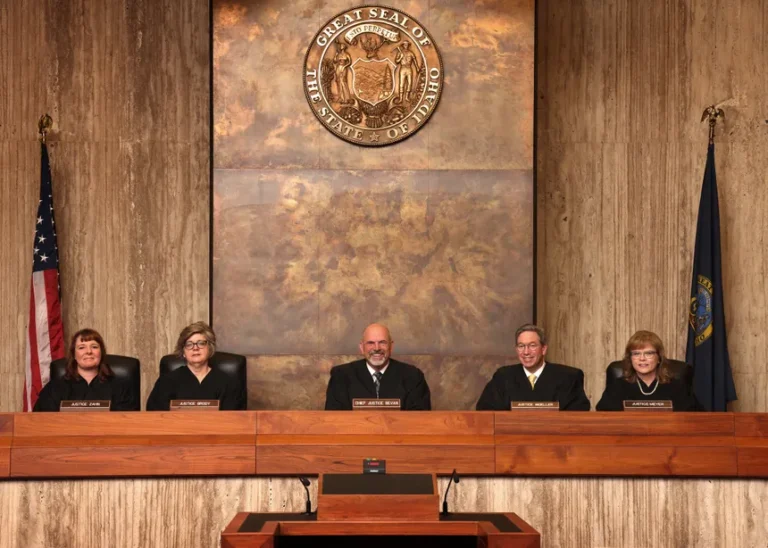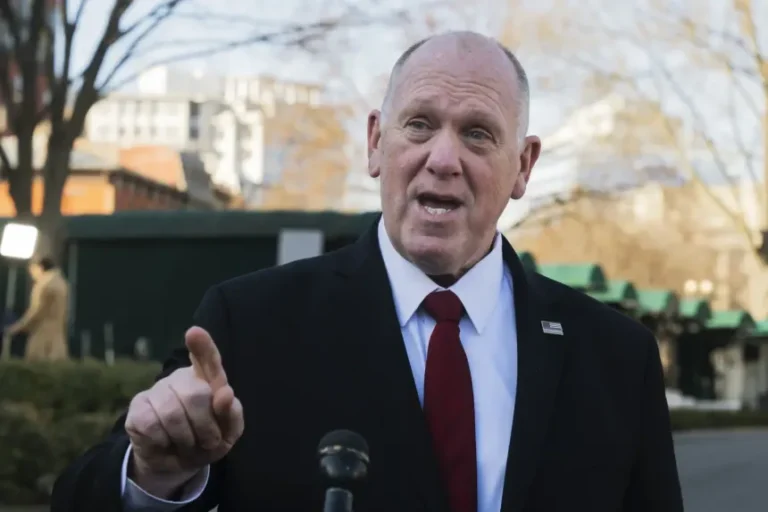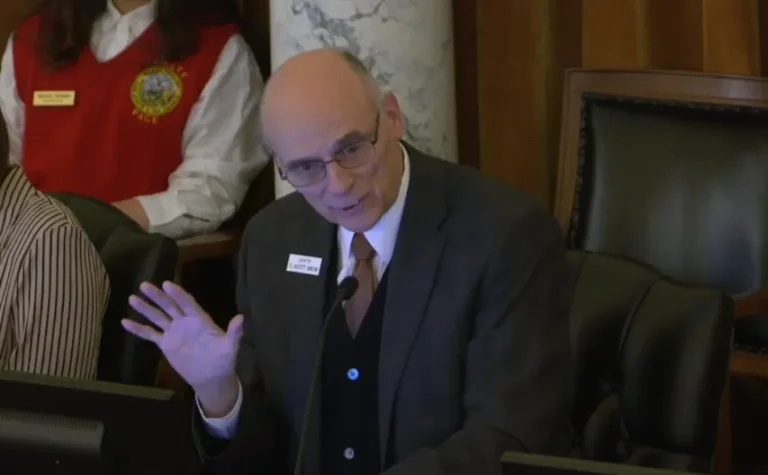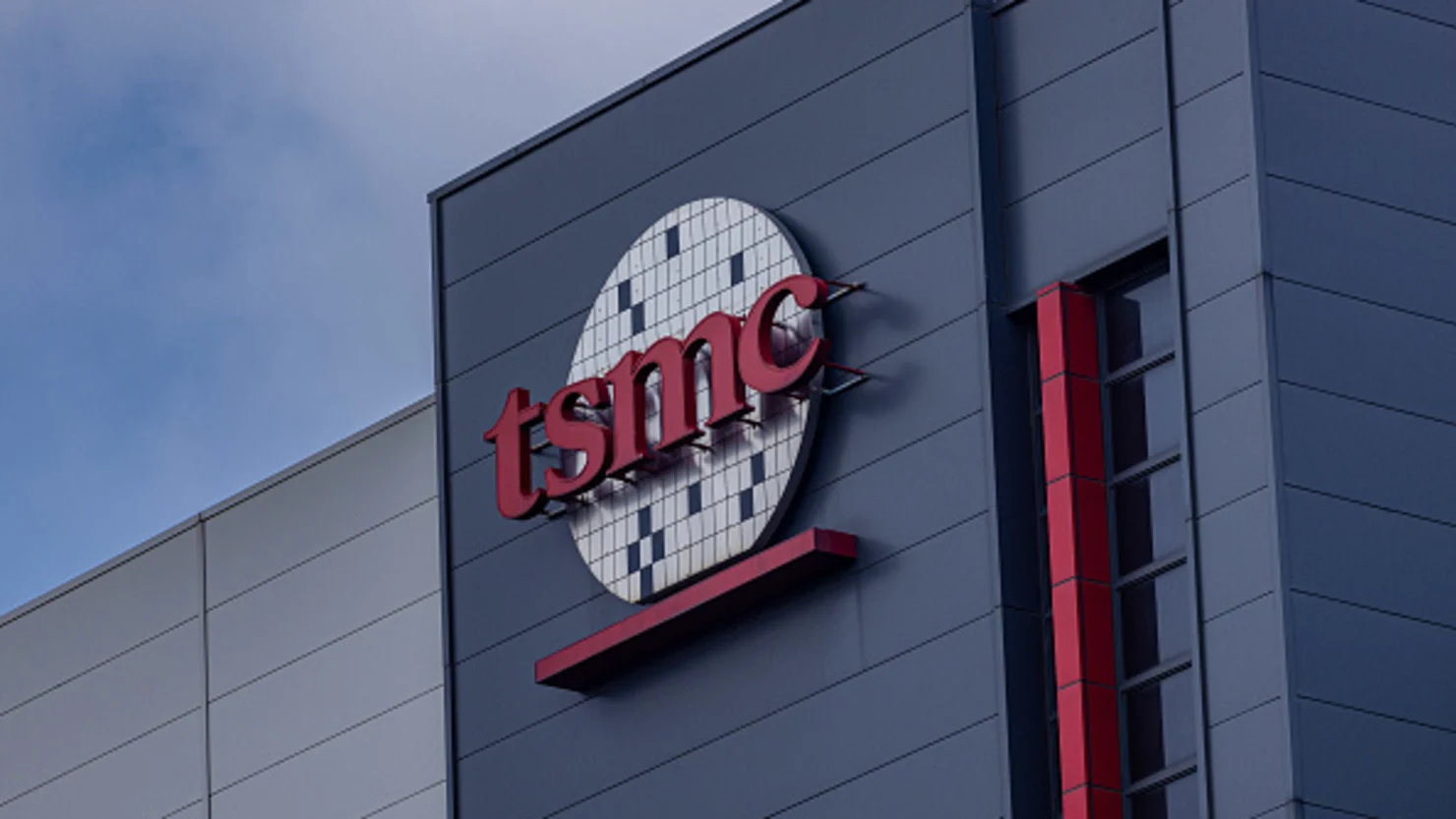
Taiwan Pushes Back on U.S. Semiconductor Proposal
Taiwan has rejected a U.S. proposal to split semiconductor manufacturing evenly between the two countries. Vice Premier Cheng Li-chiun, who also serves as the island’s top trade negotiator, said the idea of a “50-50” production arrangement was not discussed during her recent visit to Washington.
Cheng stated that the negotiations instead focused on tariffs, including lowering current rates and preventing additional duties on Taiwanese exports. Taiwan currently faces a reciprocal tariff rate of about 20 percent.
U.S. Seeks to Onshore Chipmaking
Commerce Secretary Howard Lutnick said last weekend that the United States wants to reduce its dependence on chips made in Taiwan, which currently account for about 95 percent of U.S. demand. He suggested a 50-50 model, where each side produces half of the chips needed by American industries.
“Our objective is to onshore more production,” Lutnick said in an interview. “We need to make our own chips.”
President Donald Trump has also criticized Taiwan’s dominance in semiconductor manufacturing earlier this year, arguing that it comes at the expense of U.S. companies.
Political Reactions in Taiwan
The proposal has been met with strong resistance among Taiwanese leaders.
- Kuomintang Chairman Eric Chu called the idea “exploitation and plunder,” saying no one could “sell out” Taiwan or its top producer, Taiwan Semiconductor Manufacturing Company (TSMC).
- Taiwan People’s Party Chairman Huang Kuo-chang described the plan as an attempt to weaken the foundation of the island’s technology industry.
TSMC, the world’s largest contract chipmaker, plays a central role in global supply chains for companies like Apple, Nvidia, and Qualcomm. Taiwan produces about 60 percent of global foundry revenue.
Strategic Importance of Chips
Taiwan’s dominance in advanced semiconductor production is often described as the island’s “Silicon Shield,” a factor many analysts believe deters direct military action from China.
In his remarks, Lutnick downplayed this theory, suggesting that Taiwan would be safer if chip production were more balanced between Taipei and Washington.
China claims Taiwan as its territory and has vowed to bring it under control by force if necessary. Taipei rejects Beijing’s claims and insists it will continue to govern itself.
Related Coverage
- Idaho News – https://idahonews.co/idaho-news-3/
- National News – https://idahonews.co/national-news/
- Global News – https://idahonews.co/global-news/
